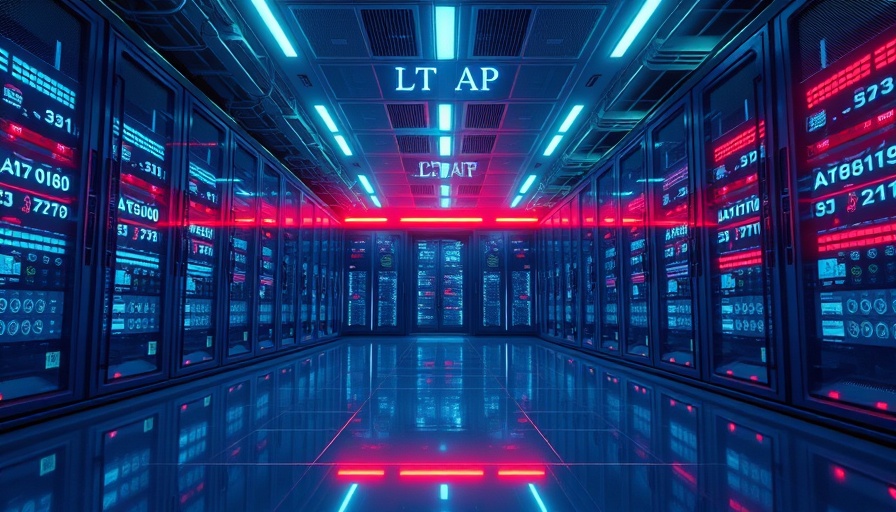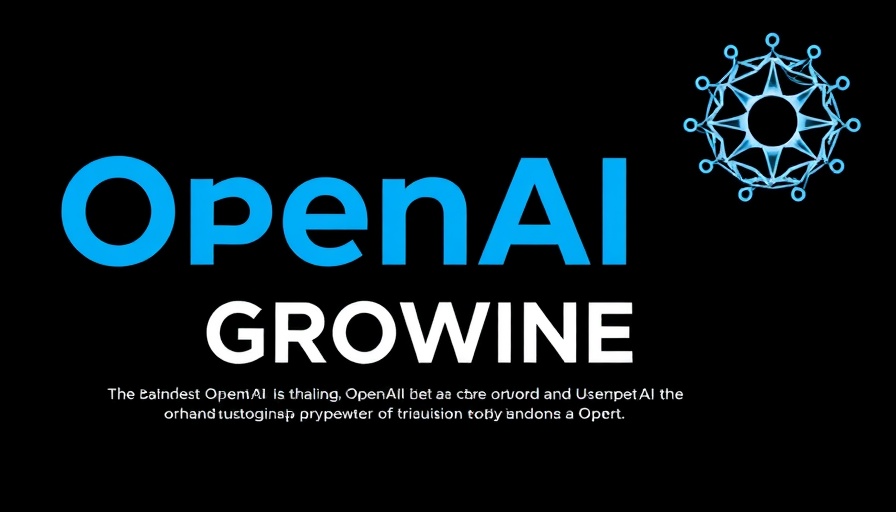
AGI: A Double-Edged Sword
As advancements in artificial intelligence (AI) escalate, the prospect of Artificial General Intelligence (AGI)—where machines possess human-like cognitive abilities—looms closer than ever. Demis Hassabis, CEO of Google DeepMind, recently indicated that AGI might be a reality as soon as 2035. He pronounced that machines could potentially think and reason as humans do, making significant strides in fields like healthcare.
The Need for Preparedness
Hassabis conveyed his concerns on a recent episode of 60 Minutes, asserting that the world is not equipped to handle the implications of AGI. He expressed that while the technology could revolutionize society—bringing breakthroughs against diseases—the risks are equally formidable. DeepMind’s research cautioned that improper management of AGI could lead to catastrophic outcomes, including existential threats to humanity.
Collaboration and Regulation: A Call to Action
To mitigate the potential dangers of AGI, Hassabis is advocating for a coordinated international effort reminiscent of the CERN model, where a global research hub and regulatory body are established. This collaborative approach could ensure the safe development of AGI, addressing concerns around control and safety.
The Opportunity Ahead
While the roads ahead are fraught with challenges, the potential benefits of AGI offer a compelling case for exploration. With predictions regarding the end of diseases in the coming decade, the possibilities echo an urgent need for a thoughtful approach to AI governance. The conversation is not just about technology; it reflects our society’s readiness to embrace a profound transformation.
As we ponder the implications of AGI, it becomes clear that understanding and preparation are critical. Ignoring the potential pitfalls while harnessing the benefits can lead to innovations that improve lives. It's time for a concerted effort toward a safer, smarter future.
 Add Row
Add Row  Add Element
Add Element 



Write A Comment